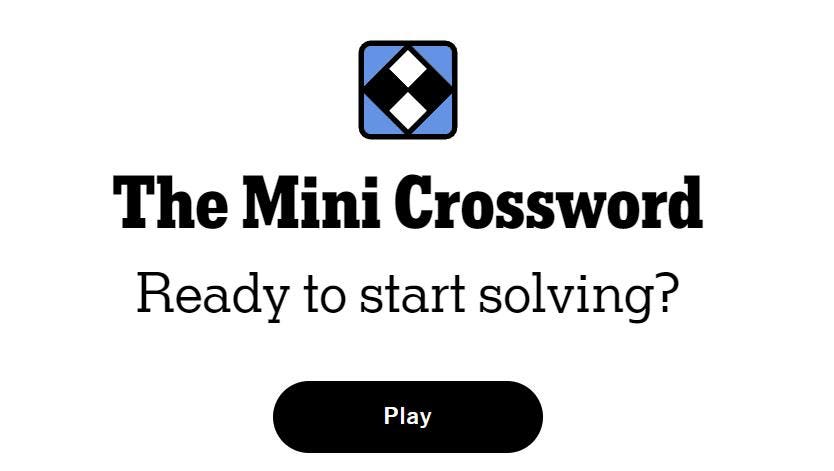Why is it often easier to get a strangers’ validation than that of family and peers when you’re chasing new goals? The reasons may surprise you.
getty
Have you ever noticed how every time you try to achieve something new, start a side hustle or simply aim to redefine yourself, you find some of your loved ones being the toughest crowd to win over? You tell them your goals and explain your vision with excitement, only to be met with doubt and raised eyebrows.
Yet, when you tell a complete stranger about the same plan, you find them cheering you on and showing support.
Let’s say you started a business. Initially, none of your close friends buy your products or support the idea, but as soon as the business takes off, some of them start asking for discounts or even hinting about potential job opportunities with you.
Here are three reasons why it may be easier to receive support and validation from complete strangers, than from those who you generally consider your “well-wishers.”
1. Your Circle Has A ‘Fixed Mental Image’ Of You
Social comparisons are unavoidable. No matter who we are and who we’re surrounded by, we’ll end up comparing ourselves to others. Every time you look up “ how to stop comparing yourself to others” on Google, you’ll get dozens of blogs, YouTube videos and news articles on ways to rid yourself of this innate tendency.
In daily life, people usually compare themselves with their friends and family. This comparison gets intense in organizational settings because workplaces have a clear hierarchy, which intensifies comparisons.
Let’s say you’re a young professional, who consistently outperforms your team leader’; you might generate envy and mixed feelings among your coworkers, both at your level and among those “higher up” on the corporate ladder.
This is because those “above” your level were doing a “downward” comparison to feel better about themselves, whereas those at the same level were measuring their progress against yours. However, both these groups of people may end up feeling threatened by your consistent outperformance, especially if their performance is not at par with yours.
This mismatch between your expected status and actual performance creates conflicting motives: Should they admire you? Should they compete with you? Should they feel threatened or reassured?
Your growth and risk-taking behavior challenge their self-image and their perception of you. Once you start succeeding, it forces them to update the mental picture they had built up about you for weeks, months or even years, which can feel threatening.
Strangers, on the other hand, meet you where you are now. They don’t carry old baggage or outdated versions of you, which makes it easier for them to appreciate your current work and abilities.
2. Strangers Judge The ‘Present’ Version Of You
Imagine starting a YouTube channel or a business. You tell a friend about your plan, but they meet you with negativity. They might ask you, “But what’s the point?” or “What’s your plan if it doesn’t work out?” or say “I’m sorry, that sounds a little cringe.”
Interestingly, when you inform strangers about your new business venture or creative outlet, you might find them cheering you on and supporting you emotionally and sometimes, even financially.
This is because when your known ones have a “fixed mental image” of you, they may unconsciously compare your success to theirs, or measure you against who they thought you’d be.
But strangers do not have those filters.
They may not have known who you used to be before. They may not care if you were an awkward high school teenager or someone with anxiety and social awkwardness in the workplace; they may only judge the present version of you, your current work and your progress.
Strangers may encounter your work without personal bias and assess it purely on merit. If they resonate with your art, your writing, your business or your achievements, they’ll support you — no strings attached.
3. You May Be The ‘Tallest Poppy’ In Your Circle
The higher you rise in life, the more likely you are to be a victim to “tall poppy syndrome,” a phenomenon where those you know closely end up criticizing you (subtly or loudly) for standing out and “trying too hard” to make your vision a reality. Although the phrase is more common in Australia and New Zealand, you can face this anywhere.
Your success feels threatening because it disrupts the status quo and highlights differences in ambition or achievement. On the flip side, strangers don’t experience that same tension. Since they don’t have to “redefine” themselves in response to your growth, it’s easier for them to celebrate you freely.
Of course, not all friends will react this way. Some will be consistent cheerleaders, and celebrate your growth no matter what. For those who struggle to be supportive, it’s not necessarily that they don’t care, but they may unconsciously project their expectations of your success or reflect existing social dynamics back to you.
Moreover, it’s possible that although your friends do care about your progress, they don’t fit your “niche” or target audience. So, even if they start off cheering you on, their support may waver if they don’t fully resonate with your content or the value you’re offering.
Additionally, not everyone will wish you well, and that is something you have to reconcile with. Sometimes, unexpected sources provide the strongest support. You might find another business owner championing your venture more than a close friend in corporate, or a fellow content creator cheering you on and sharing advice when you launch your Instagram or TikTok page.
Either way, it’s important to surround yourself with people who uplift you, even when they don’t completely understand your path. A true friend wouldn’t make you doubt yourself; they’d encourage your growth. Even if they show concern for your well-being as you take on a life change, they wouldn’t tear you down in the process.
In short, those who want to be there, will be. And as difficult as it can be to process that not everyone is a well-wisher, it can also be deeply enlightening, showing us that we can find support even in the places we least expect it.
Do you feel understood and supported in your social life? Take this science-backed test to find out: Social Connectedness Scale









